Iran says European fleet in Gulf would be 'provocative'
Mon 29 Jul 2019, 11:02:42
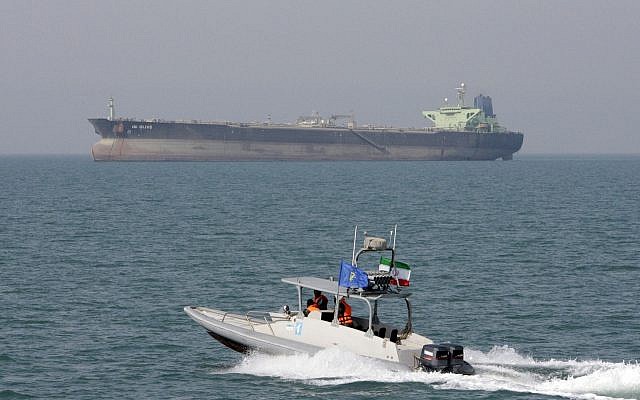
Tehran: Iran on Sunday slammed as "provocative" a British proposal for a European-led naval mission to escort tankers in the Gulf, amid soaring tensions over the seizure of ships.
"We heard that they intend to send a European fleet to the Persian Gulf which naturally carries a hostile message, is provocative and will increase tensions," said government spokesman Ali Rabiei.
Britain said on Monday it was planning a European-led force to escort tankers through the world's busiest oil shipping lane in response to Iran's seizure of a UK-flagged vessel on July 19.
The seizure of the Stena Impero came two weeks after British authorities detained an Iranian tanker -- the Grace 1 -- off its overseas territory Gibraltar on allegations it was breaching EU sanctions on Syria.
In his comments on Sunday, the government spokesman said Iran believed the security of the oil-rich Gulf had to be maintained by countries in the region.
"We are the biggest agent of maritime security in the Persian Gulf," Rabiei said, quoted by ISNA news agency.
Iran's President Hassan Rouhani said such a force would only make matters worse.
"The presence of foreign forces will not help the region's security and will be the main source of tensions," Rouhani said after talks in Tehran with Oman's minister of state for foreign affairs, Yusuf bin Alawi.
Britain on Thursday ordered its navy to escort UK-flagged ships through the Strait of Hormuz, where the Stena Impero was seized by Iran's Islamic Revolutionary Guard Corps.
But it has so far only received a cool response from the continent to its proposal for a multi-national escort fleet that would exclude the
United States.
United States.
France said on Thursday it was not willing to send extra military assets to the Gulf, but would share information and coordinate its currently deployed assets.
The US military has said it is already monitoring the strait, and developing a "multinational maritime effort" dubbed Operation Sentinel to increase surveillance and security in key Middle East waterways.
The 33-kilometre (22-mile) wide Strait of Hormuz provides the eastern entrance and exit point into the Gulf and runs between the United Arab Emirates and Iran.
Iran's high-seas standoff with Britain comes amid rising hostilities between the Islamic republic and UK ally the United States.
The arch-enemies have been locked in a battle of nerves since President Donald Trump withdrew the US from a landmark 2015 deal aimed at limiting Iran's nuclear programme and began reimposing sanctions.
The situation has worsened since the Trump administration stepped up a campaign of "maximum pressure" against Iran this year, with drones downed and tankers mysteriously attacked in Gulf waters.
Rouhani said Washington sparked the crisis when it pulled out of the 2015 nuclear deal known by its formal name Joint Comprehensive Plan of Action.
"The unfortunate incidents and tensions in the region today have their roots in the unilateral US withdrawal from the JCPOA agreement and the delusions of the country's administration," said the Iranian president.
"Iran will strongly stand against any wrongdoing and illegal activity that would threaten maritime security in the Persian Gulf, Strait of Hormuz and the Sea of Oman," he was quoted as saying by ISNA.
No Comments For This Post, Be first to write a Comment.
Most viewed from International
Most viewed from World
AIMIM News
Latest Urdu News
Most Viewed
May 26, 2020
Which Cricket team will win the IPL 2025 trophy?
Latest Videos View All
Like Us
Home
About Us
Advertise With Us
All Polls
Epaper Archives
Privacy Policy
Contact Us
Download Etemaad App
© 2025 Etemaad Daily News, All Rights Reserved.


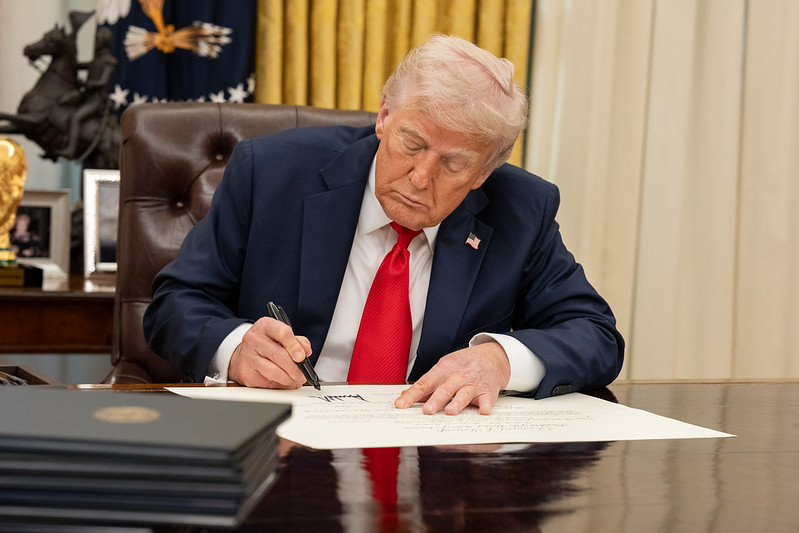
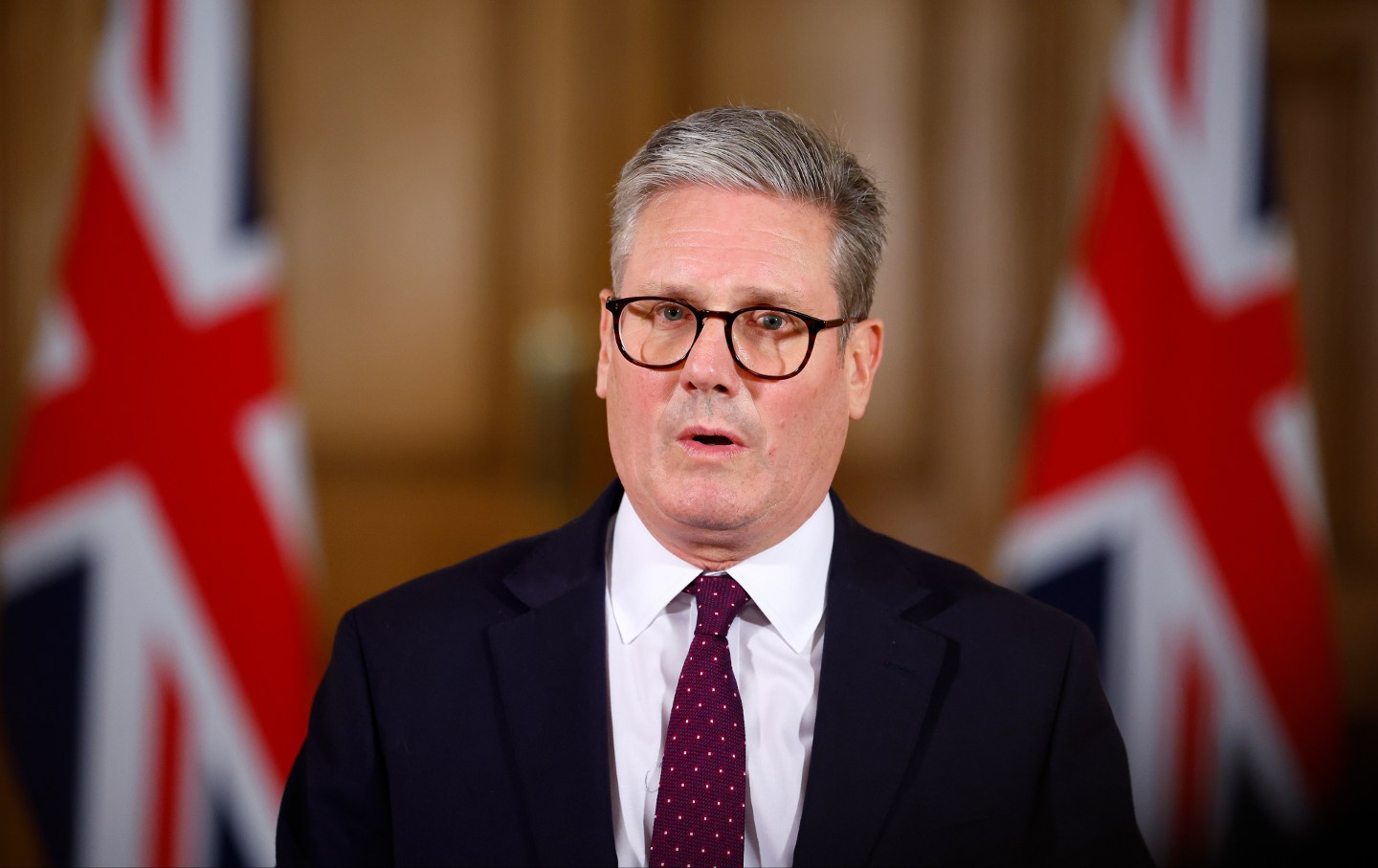
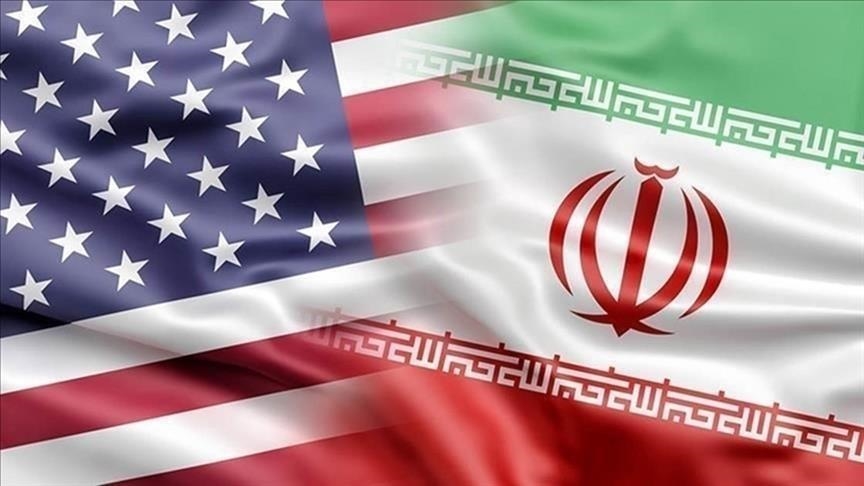

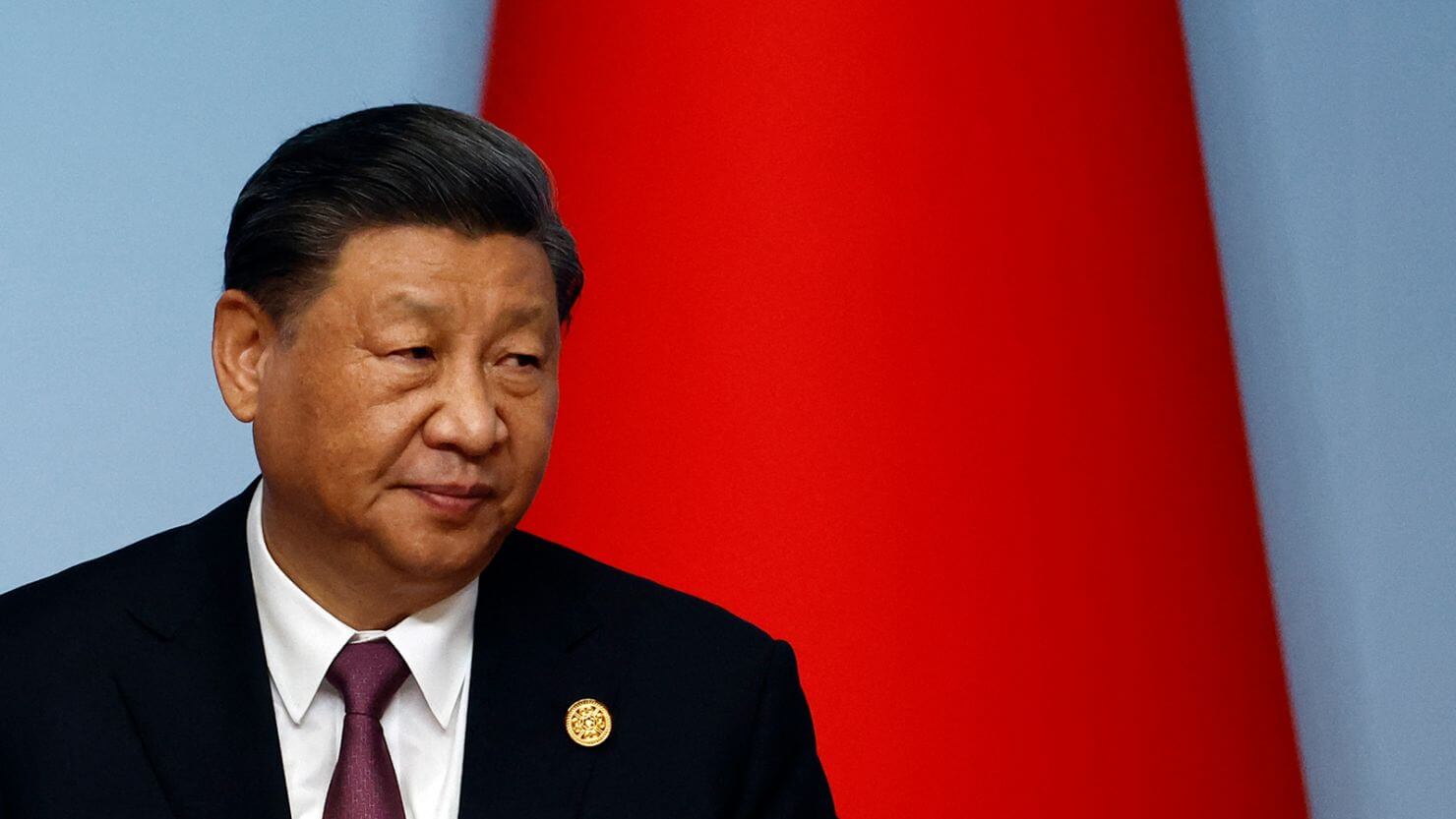


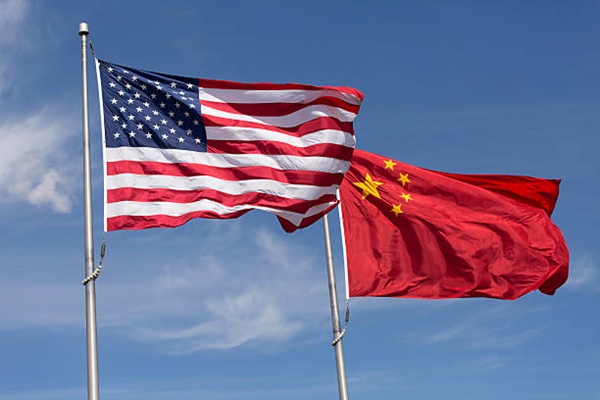
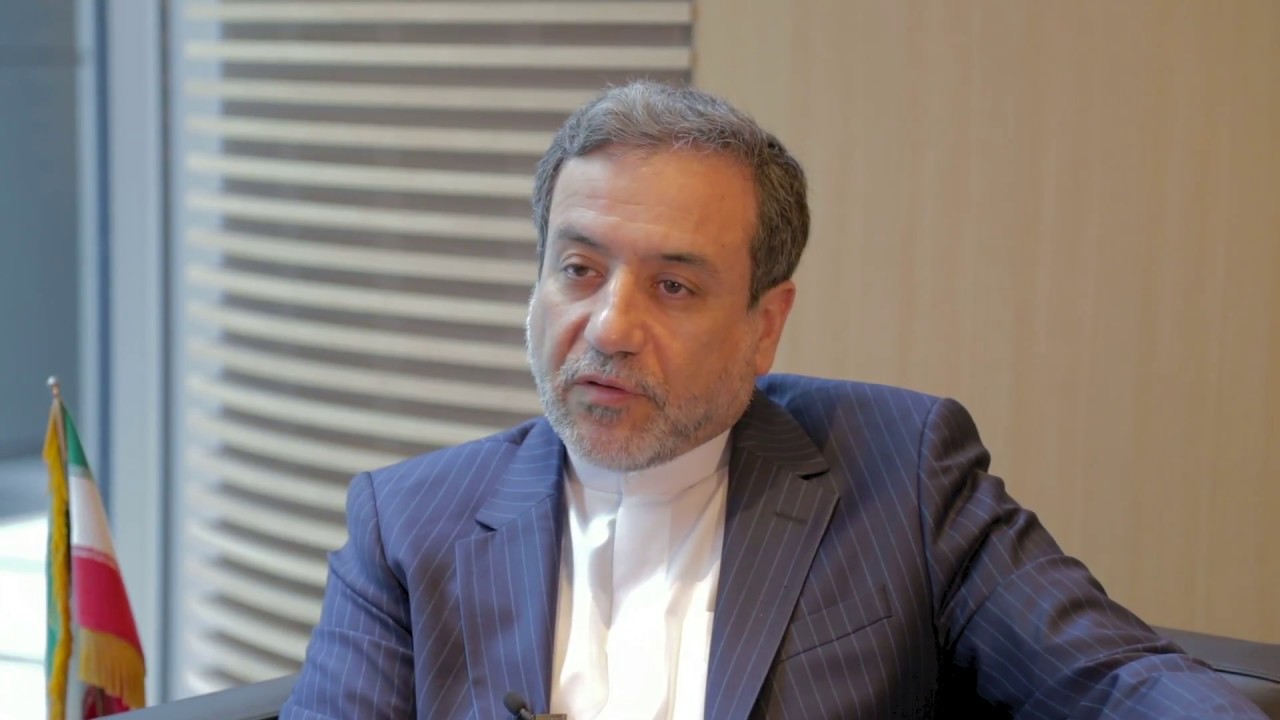
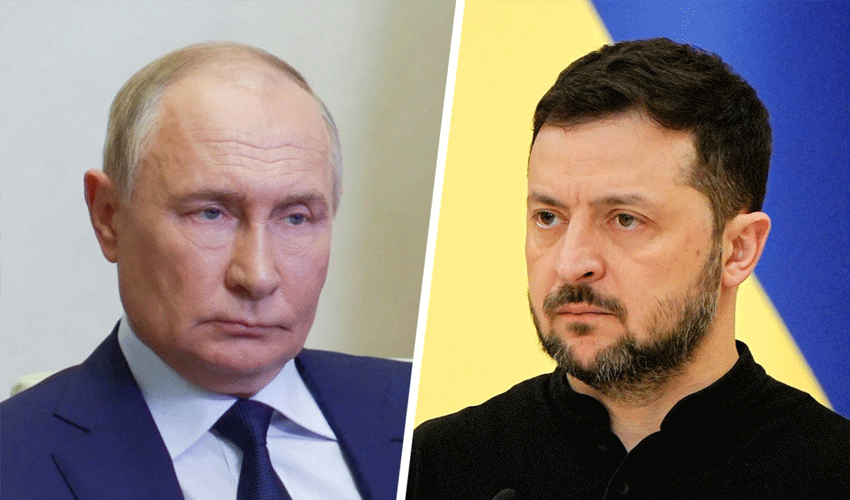







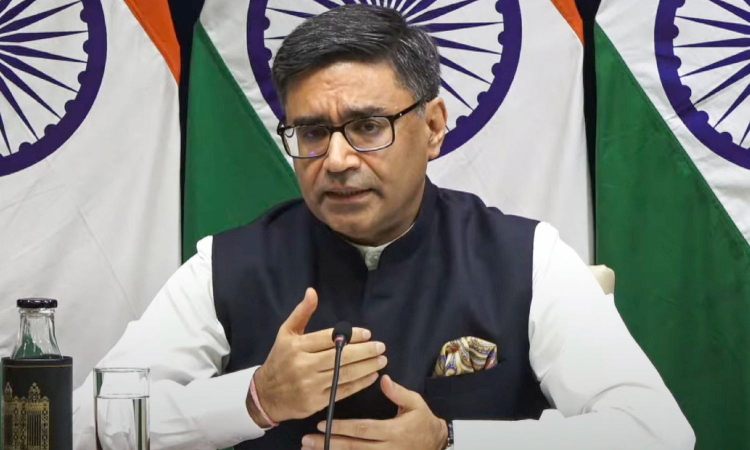


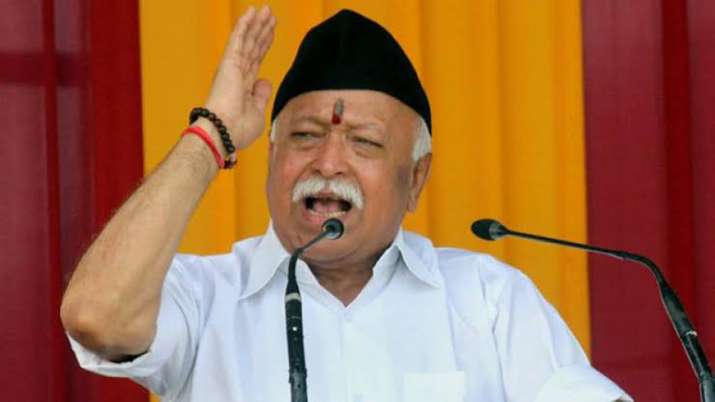



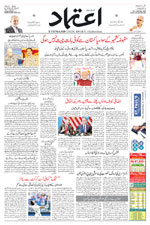










.jpg)




